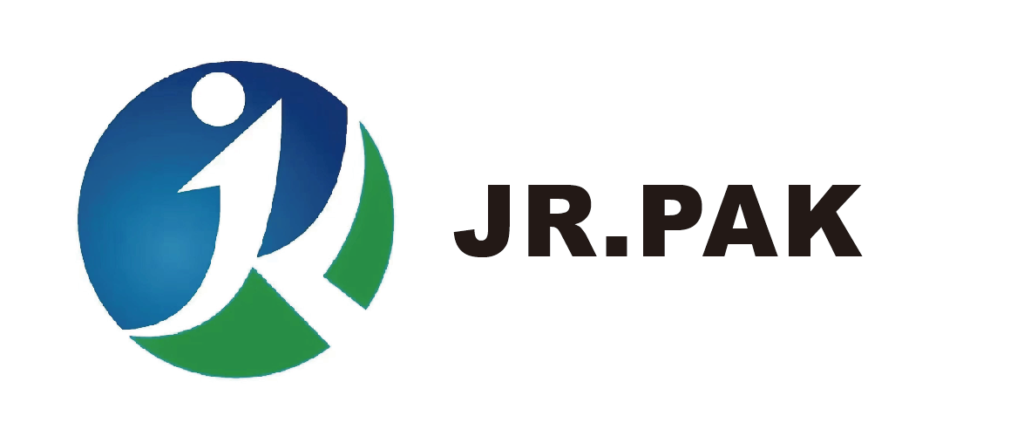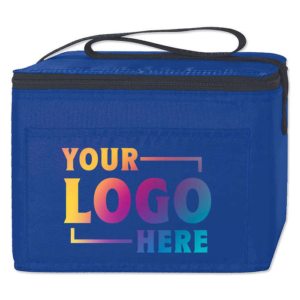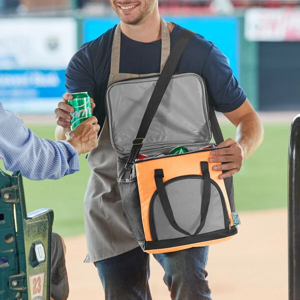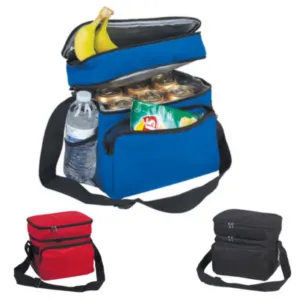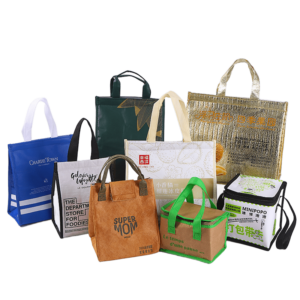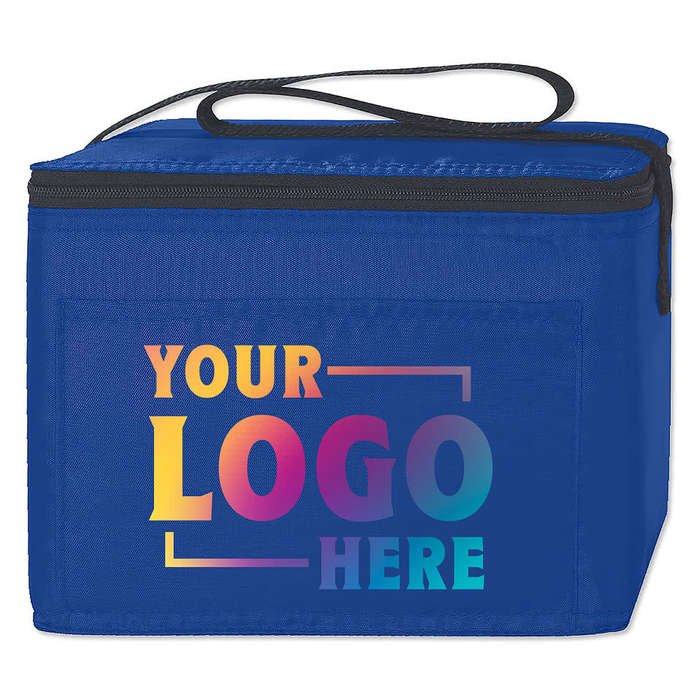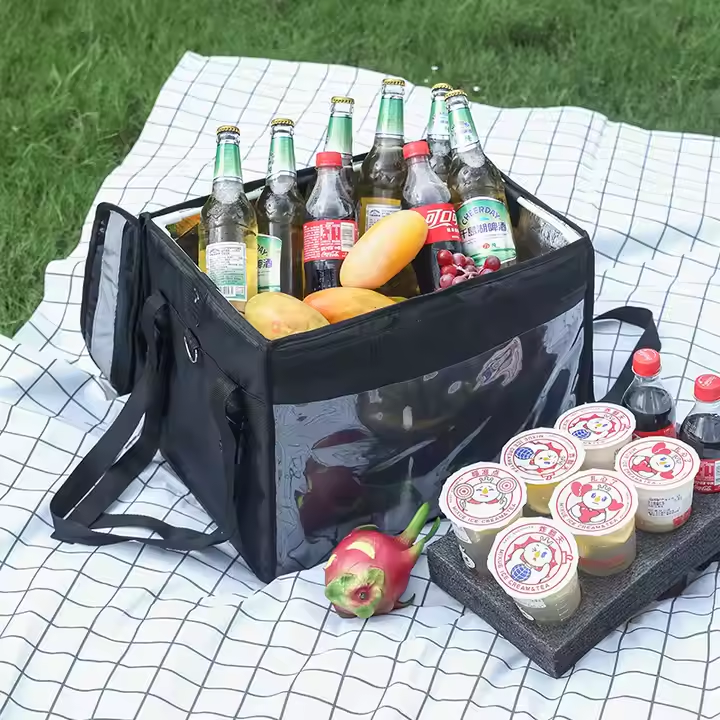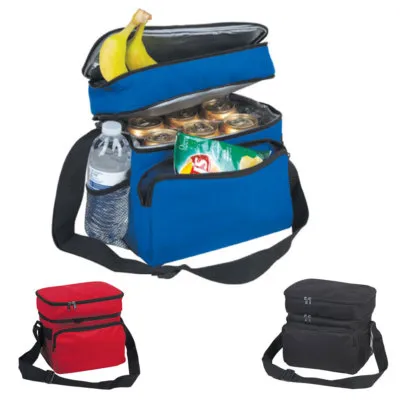This article outlines five effective strategies for future-proofing retail packaging in an era where sustainability, technology, and regulation are driving rapid transformation. These strategies help businesses stay competitive and relevant through innovation and responsible practices.
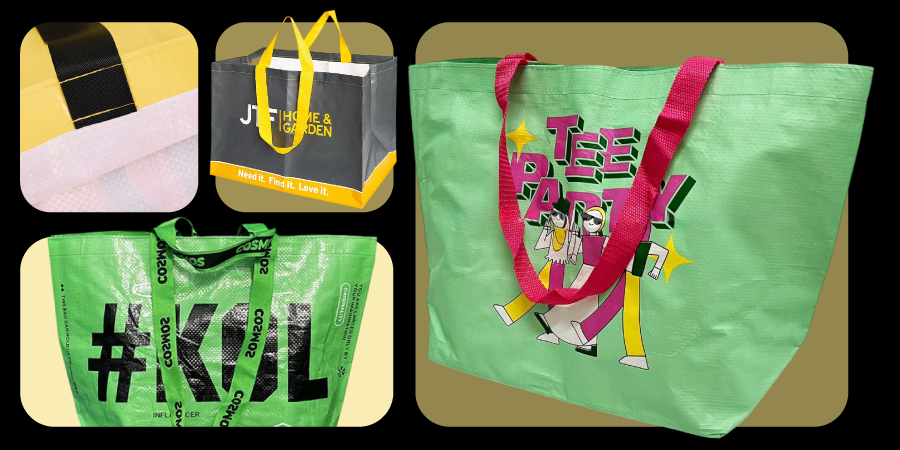
Retailers can future-proof packaging by using sustainable materials, adopting smart technologies, and complying with changing regulations while enhancing customer trust and brand value.
Keep reading to explore each strategic move in detail and how to apply them to your retail packaging plan.
Embrace Sustainable Materials and Circular Design
Retailers must shift toward materials that reduce environmental impact and enable reuse or recycling. This addresses both regulatory pressure and consumer expectations.
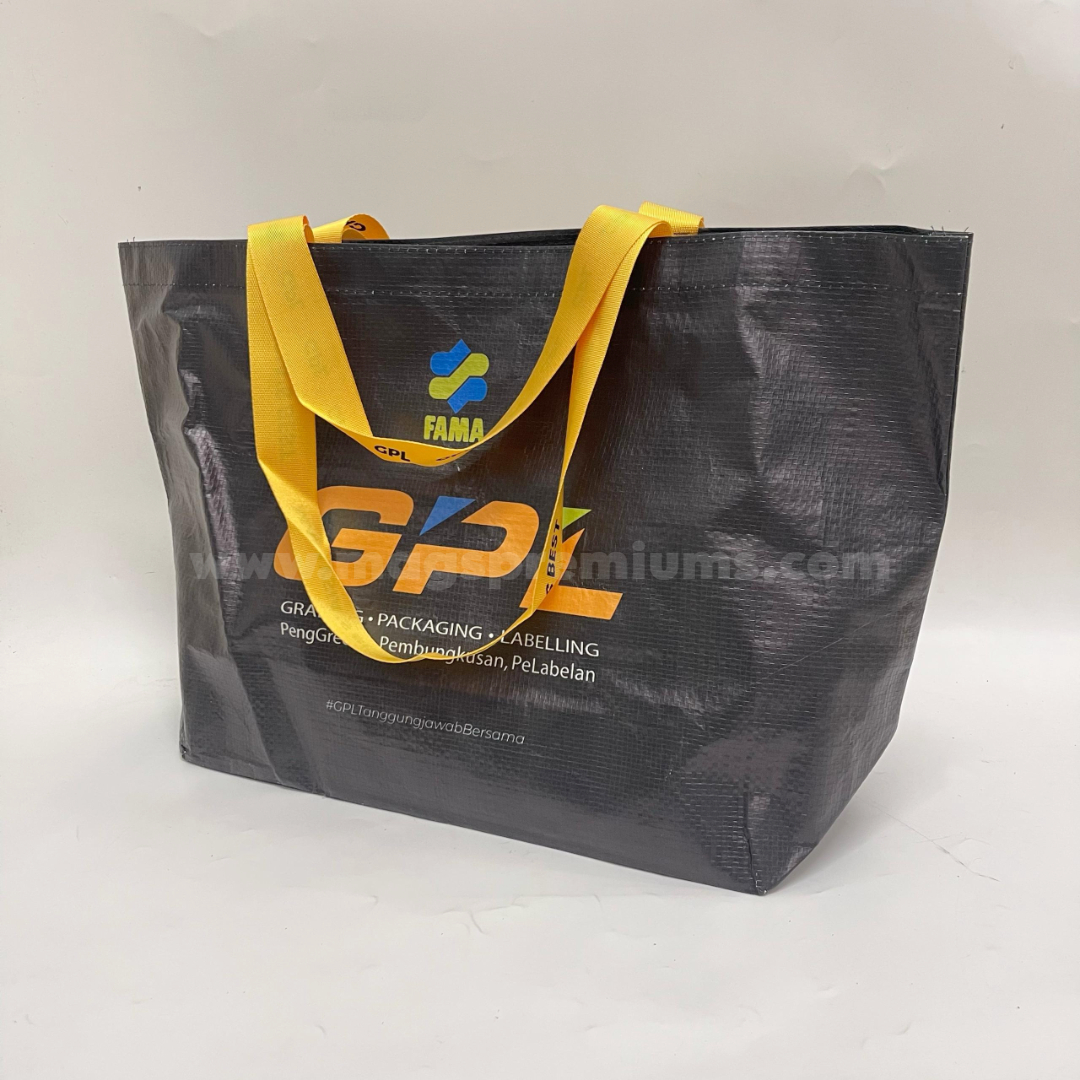
Circular Packaging Choices
Circular design promotes packaging that doesn’t just end up in landfills. Instead, it cycles through reuse or reprocessing stages.
| Material Type | Example Applications | Environmental Benefit |
|---|---|---|
| Post-Consumer Recycled Plastic | Grocery bags, outer packaging | Diverts plastic from landfills |
| Compostable Plant-Based Films | Food wrapping, produce bags | Breaks down in compost facilities |
| Fiber-Based Paperboard | Gift boxes, mailers | Renewable and easily recyclable |
| Refillable Container Systems | Beauty, cleaning product packaging | Promotes long-term reuse |
Investing in such packaging also strengthens brand credibility in eco-conscious markets.
Adopt Minimalist and Efficient Packaging
Simplified packaging reduces material use and aligns with modern environmental and branding goals.
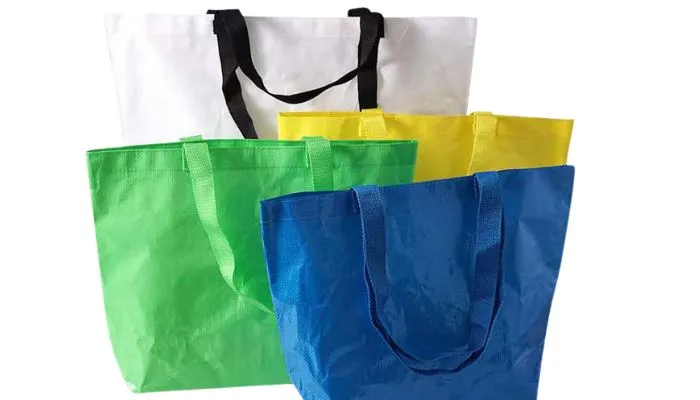
Benefits of Reducing Excess
Streamlined designs cut costs while increasing efficiency in manufacturing and logistics.
| Packaging Element | Traditional Packaging | Minimalist Packaging |
|---|---|---|
| Material Layers | Multiple | Few |
| Insert Use | Common | Rare |
| Branding Style | Heavy graphics | Clean and simple |
| Shipping Efficiency | Lower | Higher |
Minimalism not only conserves resources but also creates a sleek, modern image for the brand.
Leverage Digital Printing and Smart Technologies
Using digital printing[^1] and smart features brings flexibility and interactivity into packaging.
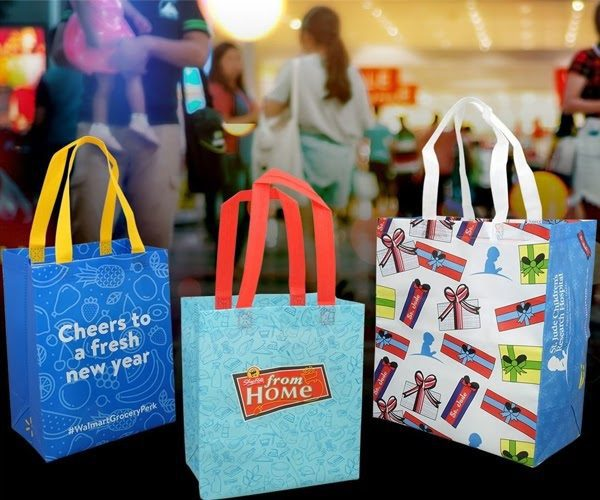
Printing on Demand & Smart Features
Digital printing allows brands to launch limited editions or respond quickly to market trends. Smart tags enhance transparency[^2] and customer engagement.
| Technology | Function | Advantage |
|---|---|---|
| Digital Printing | Fast, low-volume customization | Reduces inventory waste |
| QR Codes | Product info, brand story access | Enhances customer interaction |
| NFC Tags | Product authentication | Builds trust |
| Serialized Barcodes | Supply chain traceability | Improves logistics |
These tools combine branding with logistics efficiency and customer trust-building.
Increase Transparency with Clear Eco-Labeling
Eco-labeling and clear messaging show your company’s commitment to sustainability, creating trust.
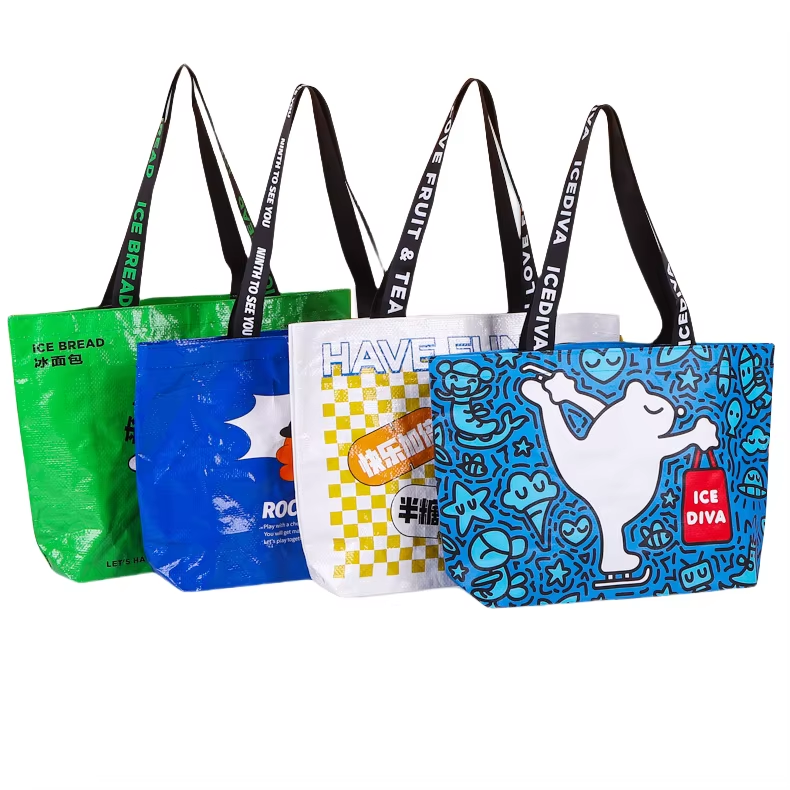
The Power of Packaging Storytelling
Clear messages help shoppers make informed, values-driven choices.
| Label Type | What It Communicates | Example |
|---|---|---|
| Recyclable Symbol | End-of-life option for packaging | ♻️ |
| Material Origin | Recycled or plant-based content | "Made from 80% rPET" |
| Certifications | Environmental standards compliance | FSC, BPI, ISO14001 |
| QR-linked Story | Brand sustainability efforts | "Scan to learn more" |
Consumers are more likely to trust brands that clearly communicate material details and values.
Monitor, Innovate, and Adapt to Regulation
Laws around packaging are evolving. Staying informed and flexible is key to long-term success.
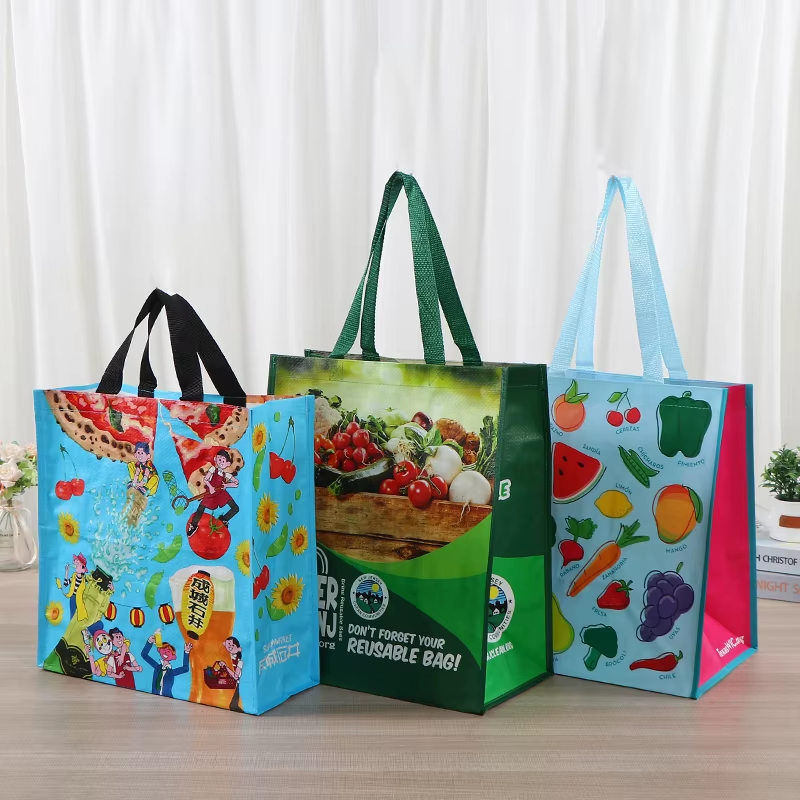
Keeping Up with Global Regulations
Understanding and preparing for bans or recycling mandates helps brands avoid disruptions and penalties.
| Regulatory Trend | Region Implemented | Impact on Packaging Strategy |
|---|---|---|
| Ban on Single-Use Plastics | EU, Canada, parts of Asia | Push toward reusable models |
| Mandatory Recycled Content Laws | California, EU | Sourcing rPET and PCR materials |
| EPR Schemes | France, Germany | Brands pay for waste management |
| Labeling and Transparency Rules | Global trend | Require clear environmental info |
Retailers that innovate early can lead rather than follow in these compliance-driven shifts.
Conclusion
Future-proofing packaging requires more than meeting today’s standards. It means designing for longevity, reducing waste, leveraging new tools, and preparing for what’s next.
From my perspective working with global buyers, sustainable and tech-ready packaging not only solves operational problems—it strengthens your brand in competitive markets.
What steps has your company taken toward packaging innovation[^3]? Let us know in the comments!
---
[^1]: Find out how digital printing can offer flexibility and reduce inventory waste.
[^2]: Explore the significance of transparency in fostering customer loyalty and brand integrity.
[^3]: Explore cutting-edge packaging innovations that can set your brand apart in the market.